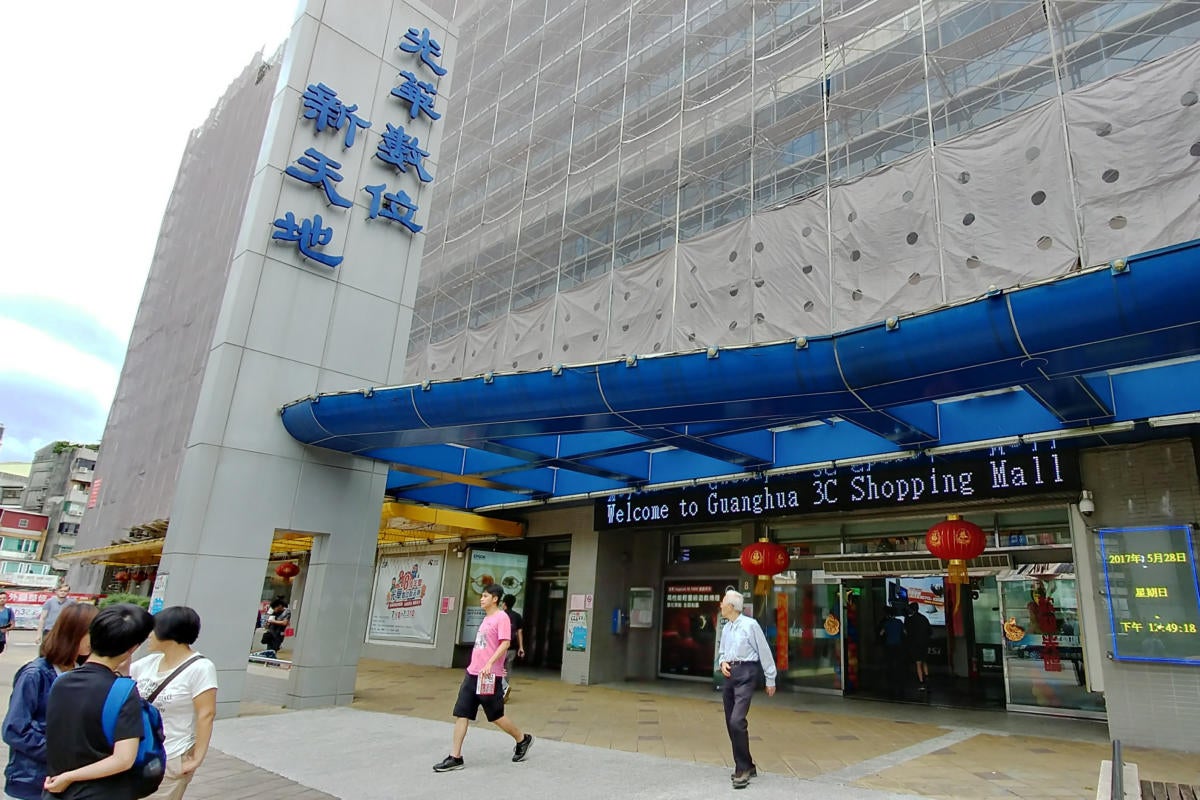Taiwan’s Ministry of Economic Affairs has agreed to investigate Taiwanese suppliers in business with Huawei for aiding the operation of its chipmaking factories in China.
The investigation, which was first reported by Bloomberg, would determine if these suppliers have violated any US sanctions, Economic Affairs Minister Wang Mei-hua told the country’s legislative body.
The investigation, which will cover at least four Taiwanese firms, will probe whether these companies are operating within their scope as specified in their application to the Taiwanese government.
The four firms, which include a unit of chip material reseller Topco Scientific Co, Cica-Huntek Chemical Technology Taiwan Co., a subsidiary of L&K Engineering Co., and a subsidiary of United Integrated Services Co., are helping Huawei with wastewater and environmental projects, according to the news report.
The US has been seeking support from its allies to thwart Beijing’s efforts to advance domestic chip manufacturing.
In January, the US convinced the Netherlands and Japan to join it in expanding the ban on exports of chip-making technology to China.
The US first imposed restrictions on exports of chips to China in 2015, extending them in 2021 and twice in 2022. The most recent restrictions were introduced in December.
US lawmakers have also been urging the Biden administration to take more action to impede China’s progress in gaining dominance in areas such as artificial intelligence and quantum computing.
Separately, the US has also been wary of Huawei’s advanced chips being used in 5G-enabled smartphones. Last month, the US government ordered a probe into the chips being used to support Huawei’s smartphones.
Huawei and ZTE were both banned from providing equipment to the US government in the Defense Authorization Act of 2018, and a general import ban followed shortly thereafter.
In March 2020, President Donald Trump signed a law to prevent US rural telecom carriers from using Huawei network equipment, with the Commerce Department further tightening export controls on the Chinese company in May of the same year.






